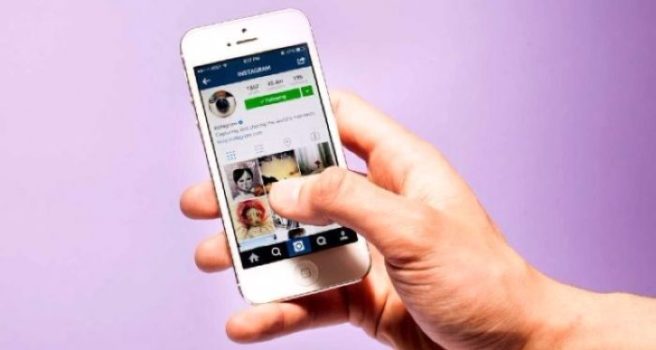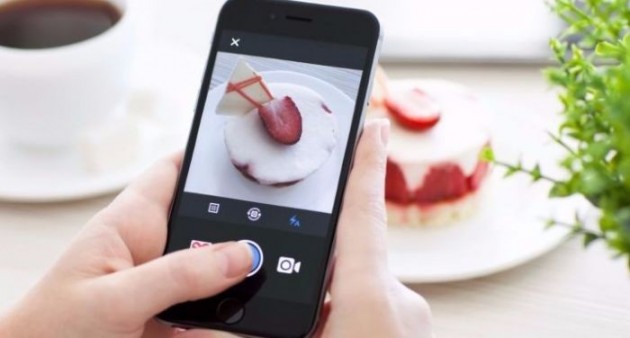
Instagram has been rated the worst social media for our mental health
Scrolling through Instagram is just one of our many online hobbies, and seeing the lives of others through a digitally altered snapshot has become the norm.
Instagram has been named as the worst social media site in terms of its impact on mental health.
A new study by The Royal Society for Public Health has found that the photo filtering app is the most negative in terms of people's body image, FOMO and sleep, and that it can trigger feelings of depression, anxiety and loneliness.

'Social media has become a space in which we form and build relationships, shape self-identity, express ourselves, and learn about the world around us; it is intrinsically linked to mental health,' said Shirley Cramer of the RSPH.
However, the survey of 1,479 youngsters aged 14 to 24, found Instagram was positive in terms of self-expression and self-identity.
YouTube, with its communal attitude and diverse range of content was ranked as the most positive when it came to mental health.

The video platform is followed by Twitter, Facebook and Snapchat in that order.
The RSPH is calling for the introduction of a pop-up heavy usage warning on social media: 'The social media platform would track usage and provide the user with a pop-up warning when they breach a set level of usage deemed potentially harmful.'
'It is then up to the user to decide if they carry on using the platform or stop, although the warning may provide links to information and advice on social media addiction,' reads the report.

They also want social media platforms to highlight when photos of people have been digitally manipulated on photo sharing sites.
'This may be in the form of a small icon or watermark at the bottom of someone’s photo that indicates an airbrush or filter has been used that may have significantly altered their appearance.'
'Young people, and in particular young women, are bombarded with images that attempt to pass off the edited off as the norm,' said the study.
'This practice is contributing to a generation of young people with poor body image and body confidence.'






